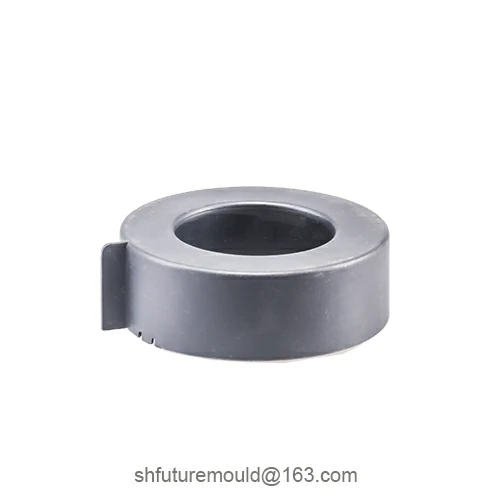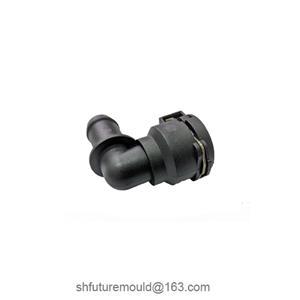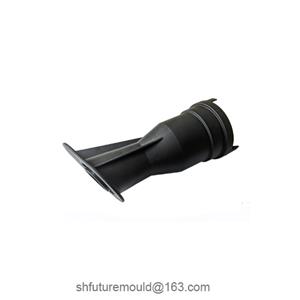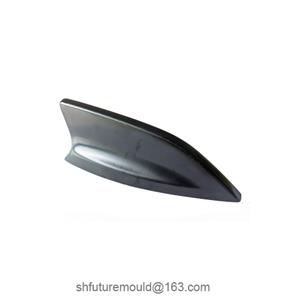The Significance of Regular Injection Mold Maintenance
Injection molds stand as the cornerstone, directly influencing product quality and production efficiency. Their meticulous upkeep through regular maintenance plays a pivotal role in extending mold lifespan, enhancing product quality, and minimizing production costs.
The Compelling Reasons for Regular Injection Mold Maintenance
Corrosion Prevention: Injection molds, during the production process, are exposed to a variety of chemicals and humid environments. Neglecting regular maintenance can lead to rust, resulting in a rough mold surface that compromises product quality.
Wear and Tear Mitigation: The immense pressure and friction encountered by injection molds during operation make them susceptible to wear and tear if not regularly maintained. This can lead to degraded mold precision and inconsistencies in product dimensions.
Damage Prevention: Composed of intricate parts, injection molds are prone to damage if regular maintenance is not conducted, potentially causing production downtime.
Essential Elements of Regular Injection Mold Maintenance
Mold Cleaning: After each production cycle, prompt cleaning of the mold is crucial to remove residual plastic, coolant, and other contaminants.
Mold Lubrication: Regular application of lubricant to the moving components of the mold, such as guides and ejector pins, reduces friction and wear.
Mold Inspection: Routine inspection of the mold for signs of damage, wear, or corrosion is essential, followed by timely repair or replacement if necessary.
Mold Surface Protection: Regular application of rust-preventive oil or other protective agents to the mold surface shields it from corrosion.
- Injection Mold
- Automotive Injection Mold
- Electronics & Electrical Injection Mold
- Consumer Goods Injection Mold
- Airplane Components Injection Mold
- Medical Components Injection Mold
- Irrigation Components Injection Mold
- Injection Molds




